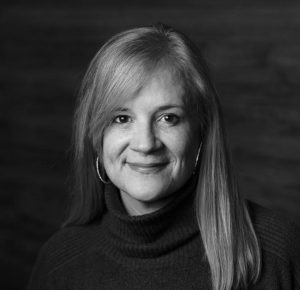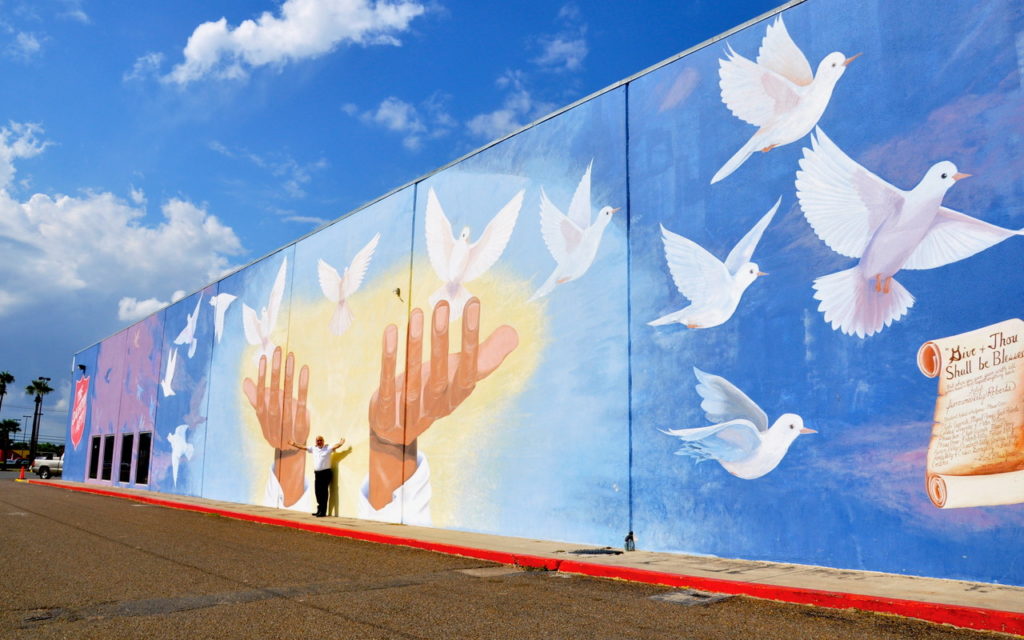 If you have enjoyed the ability and freedom to travel, have been privileged enough to dine at a sidewalk café where the crowd speaks something other than English, or driven through foreign streets absorbing the view of someone else’s hometown, you might have noticed that the “local” crowd is generally content to be where they are “from.” After all, no one gets to decide where they are born. And we are all from someplace our entire lives.
If you have enjoyed the ability and freedom to travel, have been privileged enough to dine at a sidewalk café where the crowd speaks something other than English, or driven through foreign streets absorbing the view of someone else’s hometown, you might have noticed that the “local” crowd is generally content to be where they are “from.” After all, no one gets to decide where they are born. And we are all from someplace our entire lives.
And just like folks from Alabama or South Carolina, local people everywhere are proud of their version of barbeque and their sports team. The gardeners compare their tomatoes. The cooks compare their recipes. What travelers find delicious or exotic is often just a normal way of eating or dressing for the people they are visiting. “Home” for any of us is not just about a house, it’s also about that street café and the farmer’s market. Home is cradled in the village, the mountain, desert or city block where people spend their days and sleep at night.
So, choosing to walk away from home is no small decision. Most of us have never really had to consider it. Leaving the familiar landscape, even for temporary reasons, like college or a job, takes real courage.
Today I am thinking of how afraid she must be, a young, single mother, leaving everything and trusting with blind hope that anything else will be a better life for her child. This isn’t about choosing a college or a career. She has no scholarship, no job skills and speaks little to no English.

Salvation Army building, McAllen, Texas (Photo: Colleen Burroughs)
Today I am thinking of the faces of the traumatized travelers I’ve seen crossing a border town in Texas. Dianne Berry, one of the Cooperative Baptist Fellowship’s field personnel, introduced me to the agencies working there who organize food, clothes and temporary shelter for people looking for a new home. The people I saw had been walking for days, braving unspeakable hell just to be met by a new kind of privileged hell in the U.S. But, somewhere back there, before the weeks of walking and sleeping in the dirt, drinking sketchy water and dreaming of a shower, there was a home. Somewhere while clutching the top of a train or wading across a river, these children of God could still picture the fields where they grew up playing soccer. They left because the mountains and city streets are now filled with more violence than hope. Otherwise, why risk all the hate they encounter?
“When the literal terror of the known trumps the fear of the unknown, we all run.”
When the literal terror of the known trumps the fear of the unknown, we all run.
Violence, crime, war and resulting poverty mean that thousands of people are literally fleeing for their lives. No one gets to decide where they are born, but we should have some say in where we would like to live.
I often wonder, had I lived in Germany during World War II, if my family would have sheltered the persecuted or quietly protected ourselves and our church. We are the richest neighborhood in the world, blessed with an abundance of resources to provide shelter to refugees fleeing violence, poverty and persecution. Is Christian America really going to sit silent as our government sends thousands of soldiers to the southern border to deny asylum to refugees?
Desmond Tutu once said that if we are neutral in situations of injustice, we have chosen the side of the oppressor. This is one of those moments we need not – and must not – be neutral. In response to the desperate plight of the so-called caravan of Central American refugees, the followers of Jesus need to mount a crusade of caring, hospitality and goodwill.
Related commentary:
Chris Ellis | Have all our short-term mission trips to Latin America shaped our response to the migrant ‘caravan’?
Russ Dean | Slamming doors to refugees: What will it take to get our humanity back?
